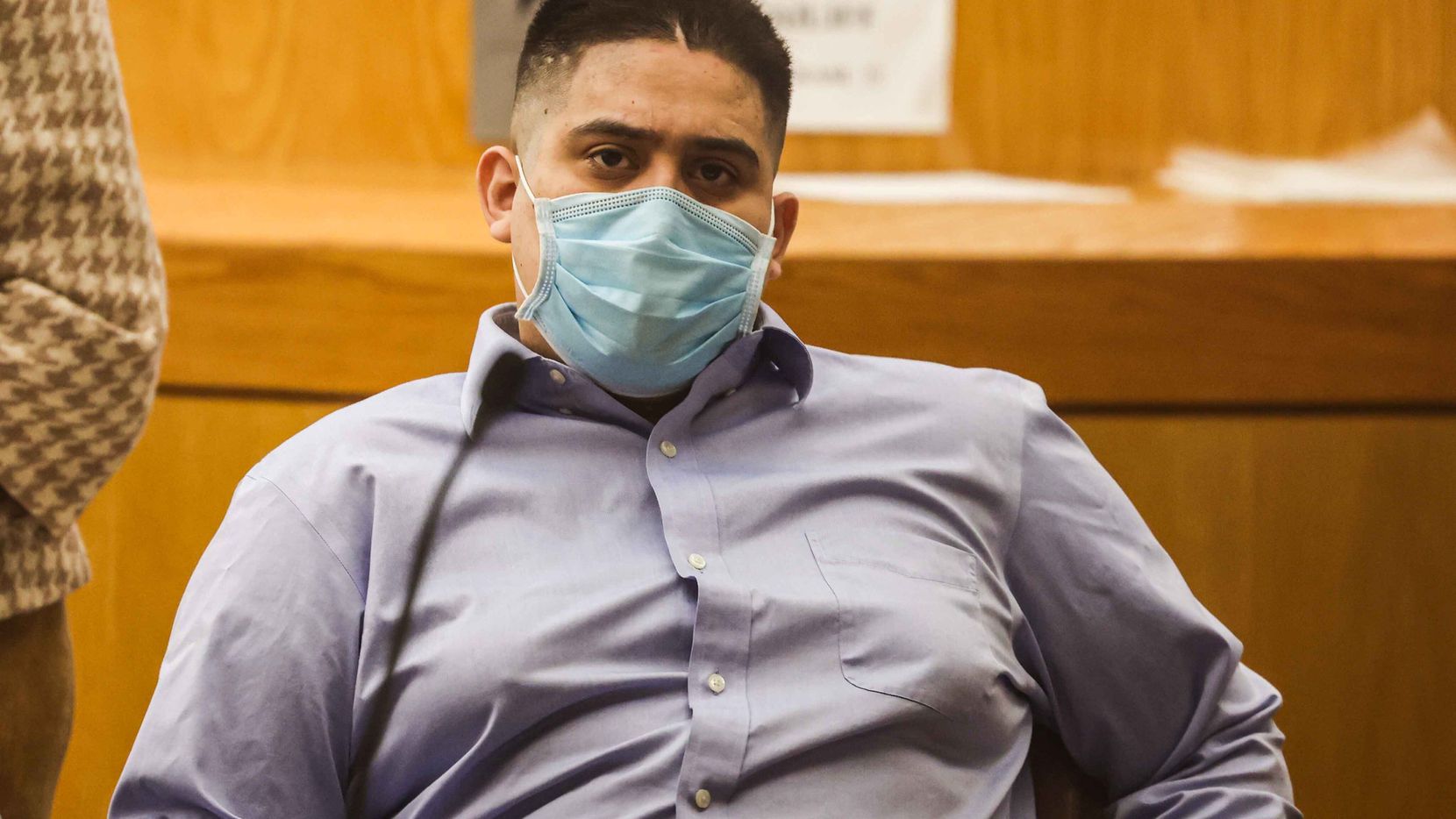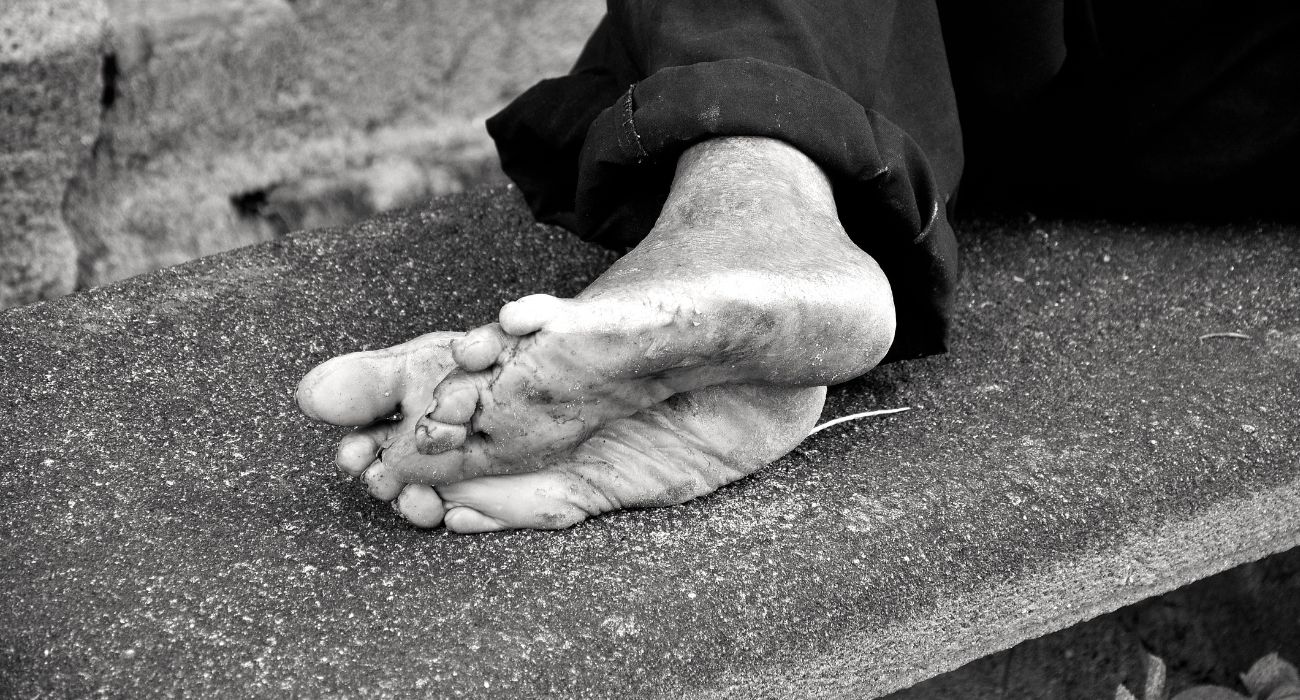A Dallas County jury has convicted Armando Navarro of capital murder from the Aug. 6, 2019, deadly stabbing of Arturo Negrete outside a Richardson Kroger. The final trial was held on Wednesday, Oct. 20.
According to Texas Penal Code, capital murder can be defined as a murder committed while intentionally conducting a “kidnapping, burglary, robbery, aggravated sexual assault, arson, obstruction or retaliation, or terroristic threat.” The Texas Penal Code also states that the punishments for someone convicted of a capital felony is life imprisonment or the death penalty.
According to Dallas Morning News, prosecutors did not pursue the death penalty. Since the death penalty was not pursued, the only other punishment possible, if convicted of capital murder, as an adult 18 years or older, is life imprisonment without parole.
The prosecutors in the case were Jason Fine and Bryan Mitchell. The two argued that Navarro stabbed Negrete in Kroger’s parking lot to steal his car. Just before stabbing Negrete, Navarro stabbed another man, prosecutors said. The man Navarro is accused of stabbing is identified as Juan Carlos Hernandez. Hernandez, who testified in the two-day trial, suffered minor cuts from the attack.
According to prosecutors, Navarro randomly chose his victims that day. Hernandez said in his testimony at the court that he went to the store to set up a wine display inside. It was while he was there that Navarro attacked him after asking him for a cigarette which he did not have.
It is unclear what really transpired between Navarro and Negrete or whether they said anything to each other before the former stabbed the latter.
Navarro’s defense did not deny prosecutors’ claims that he stabbed Negrete. However, the defense lawyers, Robbie McClung and Richard Franklin, argued that the offense committed was not a capital murder.
In a bid to reduce his sentencing, Navarro’s defense lawyers tried to appeal to jurors to convict Navarro of murder. That could have gotten him a range of punishment between five years and life in prison with the possibility of parole after sixty years.
The jury agreed that the offense was a capital murder, therefore resulting in a sentencing of life imprisonment without parole.






